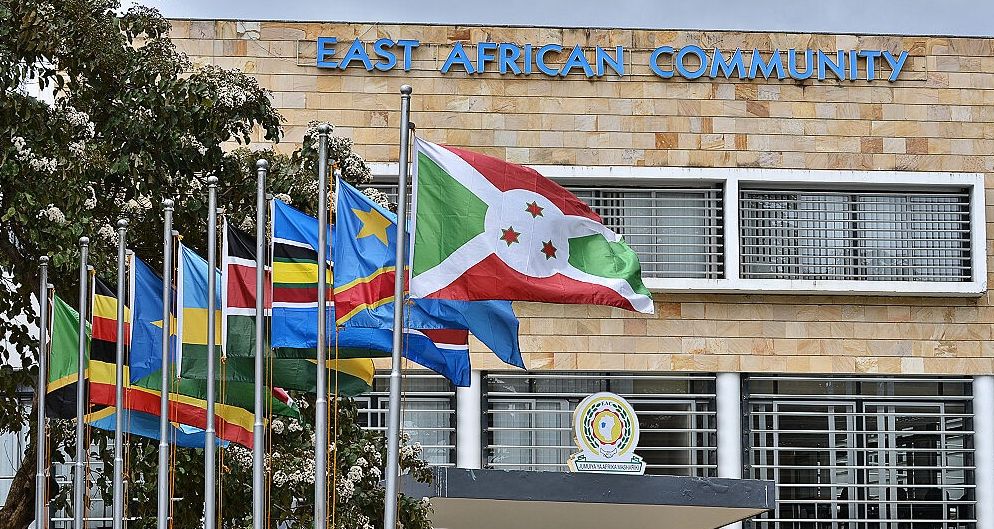The economy of Uganda relies on the service sector, which contributes more than 50 percent of its economy, while the agricultural sector contributes 24.2 percent and the industrial sector contributes 25.5 percent. The Agriculture sector that contributes to the country’s economic growth is the crop sub-sectors, animal husbandry, fisheries, especially in Lake Victoria, and dairy farming. The industrial sector comprises the electricity supply sub-sectors, the manufacturing, and the construction sector, while the services sector that makes up the major part entails the hotels and restaurants, trades made for the wholesale and retail, tourism, transport and communication, and telecommunication subsectors (Ministry of Foreign Affairs). The average economic growth of Uganda has been seven percent over the course of time.
The British and the European are in partnership programs with Uganda for the goal achievements of the country. The British Council’s private and public sectors partnership programs with Uganda’s purpose is to develop the country and promote education and arts in the country; for example, the British high commission of Uganda is in partnership with the Uganda high commission in show-case what the British can offer in some areas like the education, business, English and in the sports sector. The European commission partners with Uganda to promote the rule of law and democracy and provide support to transform a clean environment that has low carbon, among many other achievable these programs have for the Ugandan government.


